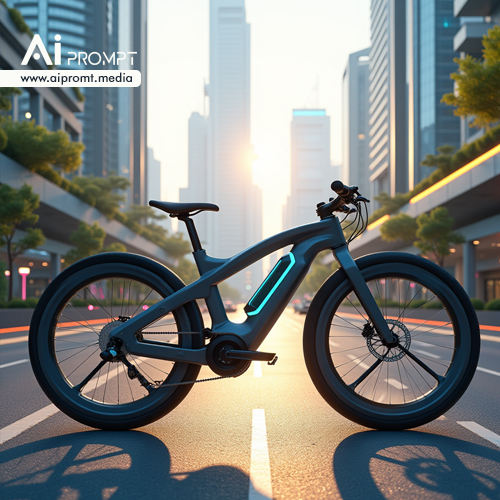The integration of artificial intelligence into cycling technology marks a new era for bicycles. AI-powered features aim to improve user experience, increase safety, and promote sustainable transportation. Here we explore the impact of AI on bicycles, highlighting innovations, benefits, and the future of smart cycling.
Innovative AI Features in Bicycles
Modern bicycles equipped with AI are reshaping safety and accessibility. Collision detection systems can sense hazards, alert cyclists, and even trigger emergency calls during accidents. Real-time data monitoring tracks riding patterns, helping cyclists navigate cities more safely.
AI also opens the door to inclusive cycling. Adaptations such as customizable riding modes, voice controls, and smart assistance make bicycles accessible to people with disabilities. Companies like VanMoof and Trek are already pioneering these technologies, showing how intelligent design can create safer and more inclusive cycling experiences.
Augmenting Safety and Accessibility
AI makes bicycles safer than ever before. Sensors and cameras assess the environment, warning riders about risks. If an accident occurs, automated calls ensure help arrives quickly. Real-time data provides valuable insights into riding habits, strengthening safety further.
Inclusivity is another major benefit. Smart features remove barriers for riders with disabilities, encouraging more people to adopt cycling. This inclusivity fosters stronger communities while also supporting sustainable transport in cities.
The Future of Smart Bicycles
Looking ahead, AI-powered bicycles may connect seamlessly with smart city infrastructure. Advanced navigation, real-time traffic updates, and route optimization could make cycling safer and more efficient.
However, challenges remain. High costs, limited compatibility, and cybersecurity risks must be addressed before large-scale adoption. Protecting rider data will be as important as improving performance.
Despite these hurdles, AI bicycles offer significant environmental benefits. By encouraging more people to ride, they can help reduce traffic congestion and cut emissions. As cities evolve, smart bicycles will play a key role in creating sustainable, connected communities.
A Greener Road Ahead
AI-powered bicycles promise safer rides, greater accessibility, and more sustainable transport. By embracing this shift, cities can reduce congestion, support healthier lifestyles, and move toward a greener future.
This prototype and concept were created by aiprompt.media _ Reza Ferdowsian.

